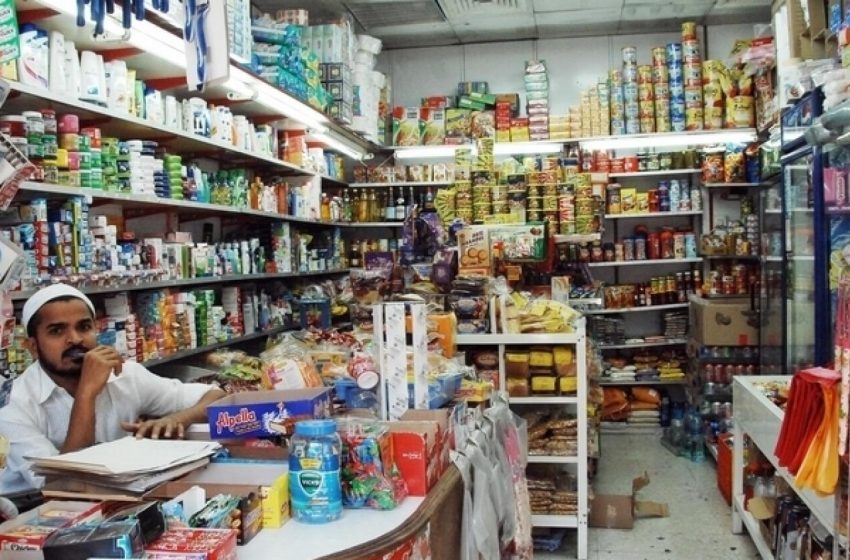UAE: Ministry announces new policy to keep price hikes of basic food items in check
- April 13, 2022
- FMCG HORECA BUSINESS

The UAE’s Ministry of Economy (MoE) has approved a new policy regarding the pricing mechanism for basic consumer goods under which suppliers will have to submit evidence to justify price increases of some of the most sought-after items such as milk, chicken, sugar, salt, rice and others.
The ministry said the applicants must submit all evidence and data related to the increase in costs and their direct causes so that it can study the request comprehensively and conduct a full review of the justifications and then decide on the approval and the percentage of approved price hike.
This group includes more than 11,000 commodities including fresh and dry milk, fresh chicken and eggs, bread, flour, sugar, salt, rice and legumes, cooking oil, mineral water and others.
– For the second category of goods, the ministry exempted suppliers from the need for prior approval and that they are subject to supply and demand variations, explaining that these goods were chosen based on their abundance, high price competitiveness, and a large number of suppliers of these goods to ensure the existence of multiple alternatives in various markets of the country.
This guarantees the stability of their prices according to market mechanisms. This group includes a limited category of goods, most notably biscuits, chocolates, confectionaries of all kinds, some cheese products, frozen food products, juices and ice cream, tea, coffee, cocoa and its products, wheat, oats, potato chips, and household cleaning materials and tools of all kinds.
Monitoring prices of over 40 outlets
The Ministry of Economy on Wednesday said it is regularly monitoring the prices of 300 most sought-after basic commodities across more than 40 outlets in the country to keep the prices in check.
It warned that price control is an ongoing process and any unjustified price hike is a violation, which exposes its owner to legal consequences.
The ministry is monitoring the prices and carrying out inspections and monitoring in partnership with the economic departments and regulatory authorities at the local and federal levels.
The most sought-after items belong to 11 main categories including fish and seafood, meat and poultry, bread, grains and their products, dairy, cheese, eggs, oils, vegetables and fruits, water, juices, and cleaning materials.
The ministry noted that changes in the prices of these important commodities are assessed based on price fluctuations in their countries of origin as well as the availability of strategic stock of these commodities in the country.
To ensure that the consumers are getting a competitive rate in the UAE, the ministry compares the selling prices of these commodities with their prices in its registered database and with the prices in neighbouring countries.
ALSO READ:
- UAE residents plan to shop more online during Ramadan
- UAE achieves 3.8% GDP growth in 2021, highest in the region: Sheikh Mohammed
- Dubai: Non-oil sector posts sharp surge in new orders with March PMI hitting 33-month high
In addition, the ministry said it is working to develop a shared digital database for commodity prices in GCC markets in order to ensure flexible, fast and continuous price comparisons. The ministry also added that it matches the prices of these commodities with the FAO International Price Index for the most-traded commodities in the world.









